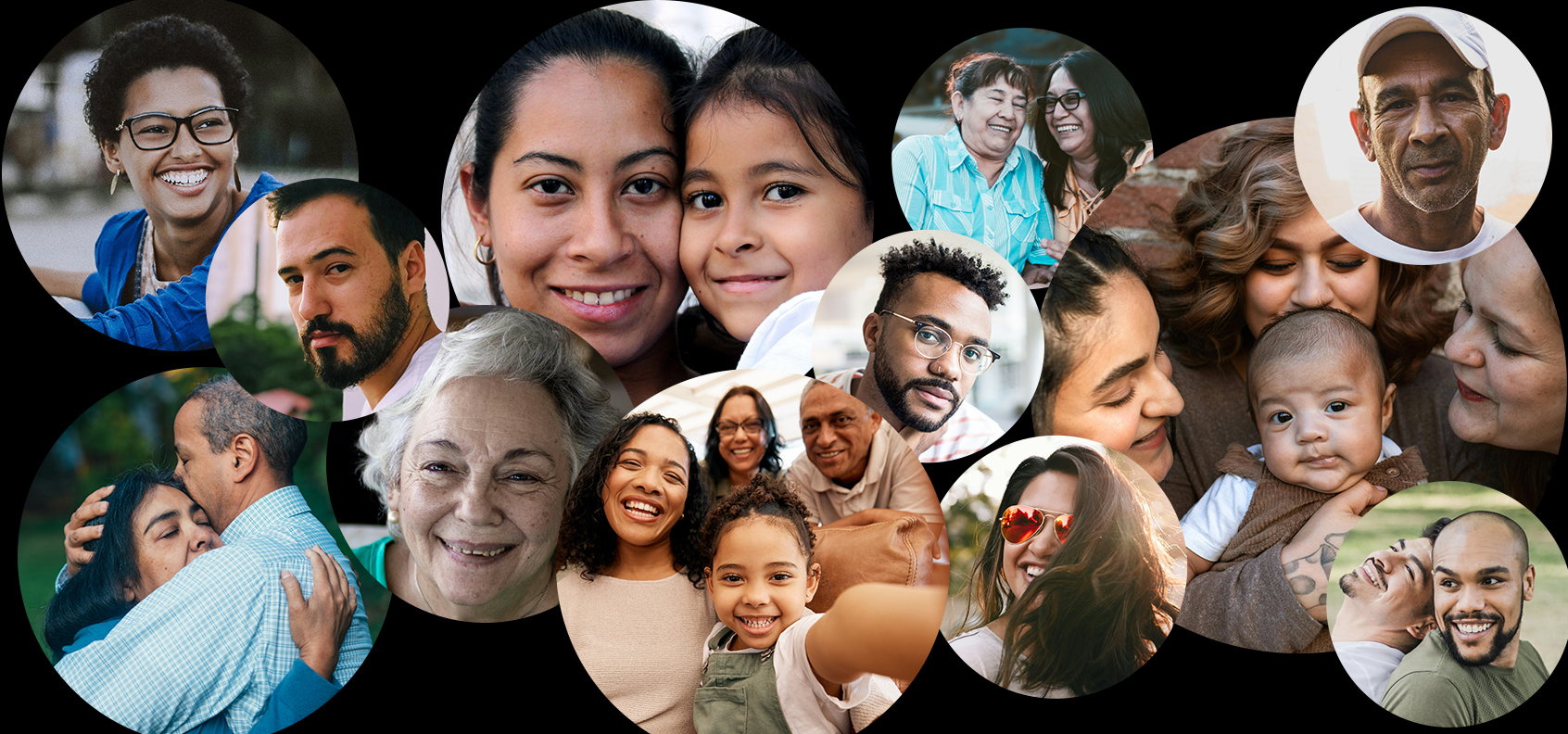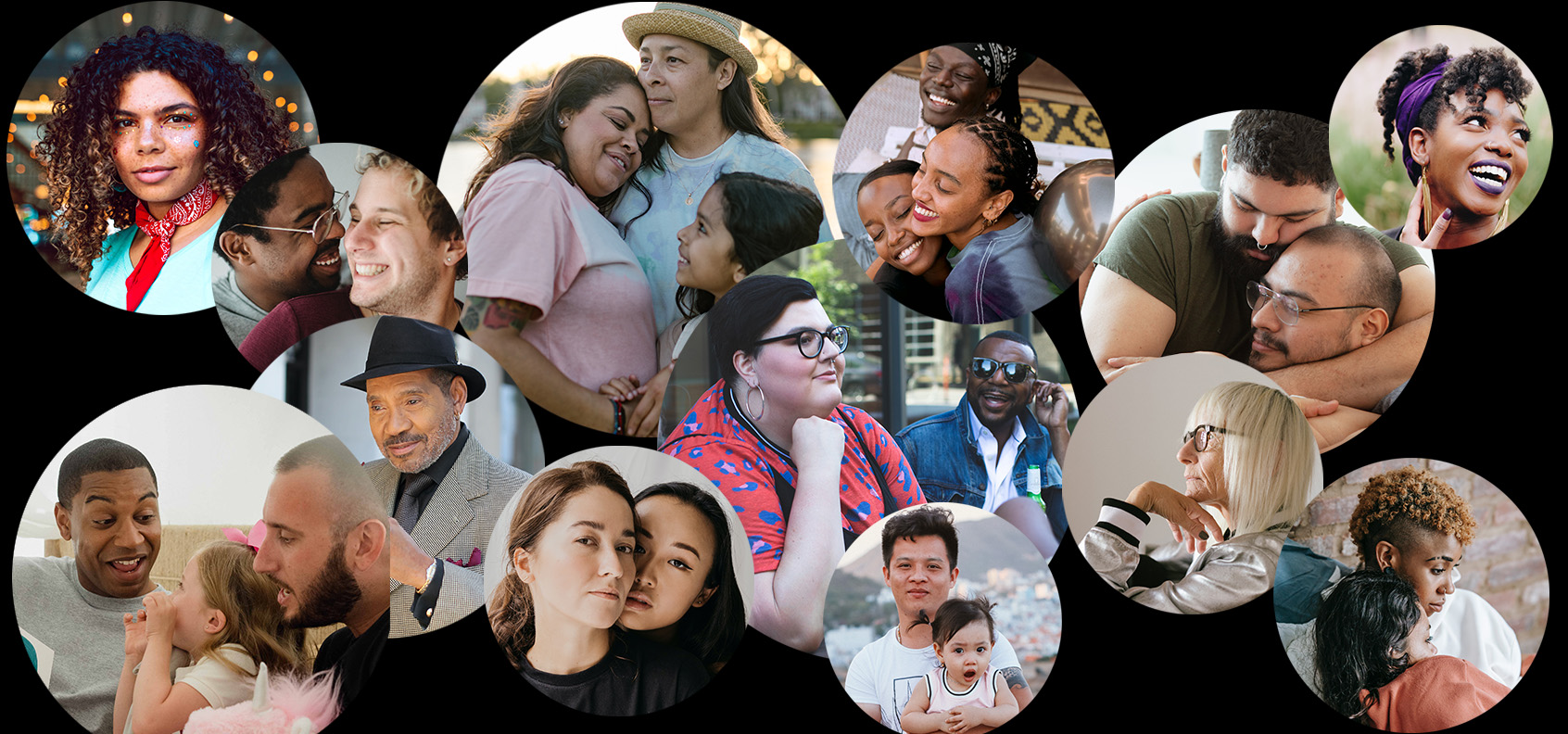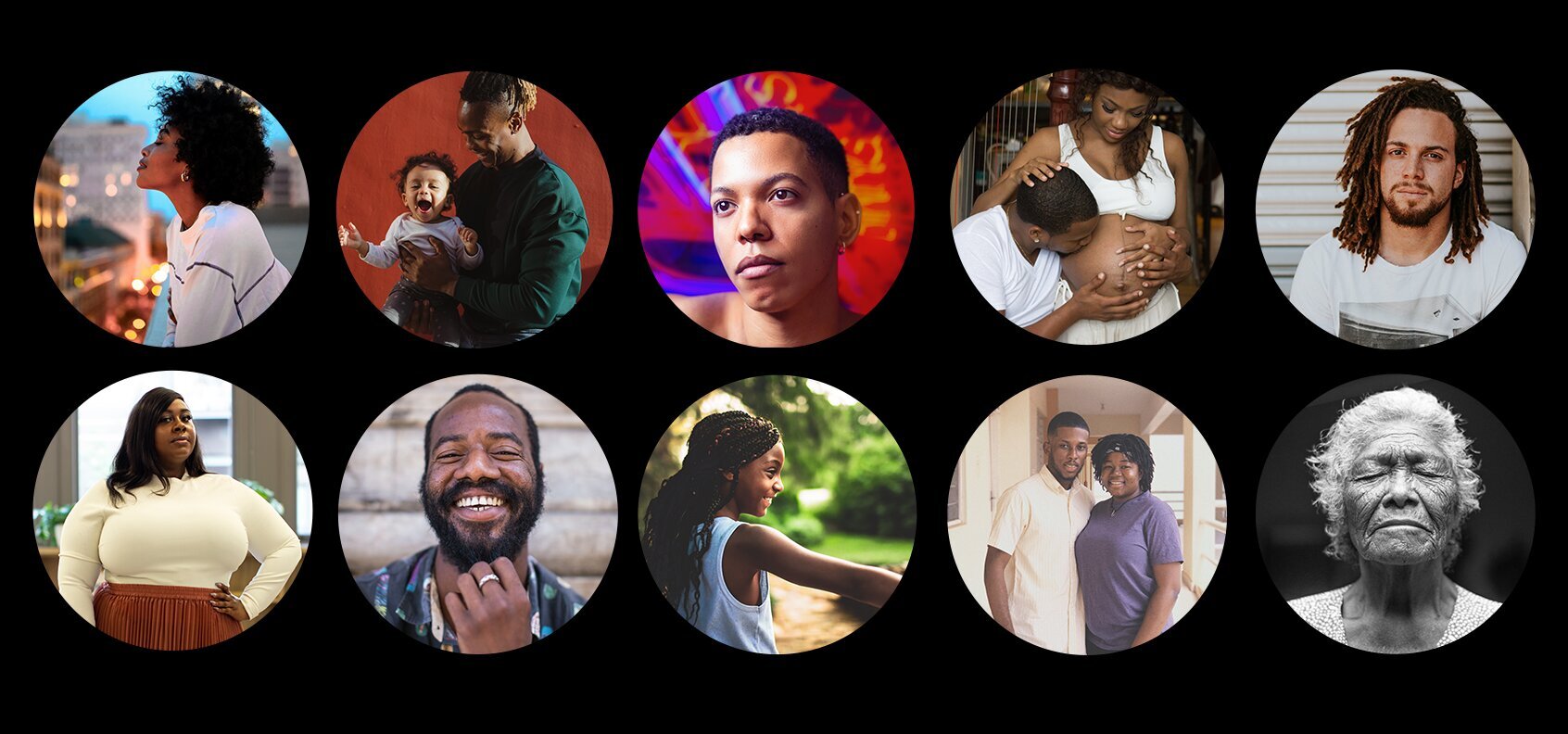How Hispanic and Latino Americans Navigate Health Decision-Making
read more
A powerful force in health decision-making. Learn how marginalized communities are bridging the health information gap and building their own trusted networks to manage their health.



